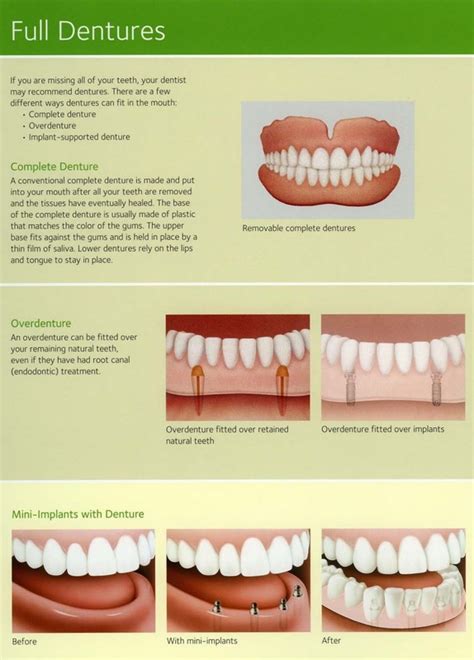Understanding Denture Fitting Timeframes: A Comprehensive Guide
Getting dentures is a significant decision, impacting your smile, eating habits, and overall confidence. Understanding the timeline involved in the denture fitting process is crucial for managing expectations and ensuring a smooth experience. This comprehensive guide breaks down the typical timeframes involved, addressing common questions and concerns.
How Long Does the Entire Denture Process Take?
The total time required for getting dentures varies depending on individual needs and complexities. However, a reasonable estimate for the entire process, from initial consultation to final fitting, typically ranges from 6 to 8 weeks. This timeframe encompasses several key stages, each contributing to the overall duration.
What are the Stages Involved in Getting Dentures?
The denture fitting process is multifaceted, involving several key stages:
1. Initial Consultation and Examination (1-2 weeks):
This initial appointment involves a thorough examination of your mouth, including impressions and X-rays. Your dentist will assess your oral health, discuss your denture preferences (e.g., full or partial dentures, material), and answer your questions. This stage allows them to create a treatment plan tailored to your specific needs.
2. Impressions and Measurements (1-2 weeks):
Accurate impressions of your jaw are crucial for creating custom-fitting dentures. This may involve multiple visits to ensure perfect accuracy. The dentist will take detailed measurements and create models of your jaw for the dental laboratory.
3. Denture Fabrication (2-4 weeks):
Once the impressions are finalized, they are sent to a dental laboratory. Here, skilled technicians craft your dentures, meticulously shaping and fitting them based on the provided measurements. The complexity of your case may influence the time it takes to complete the dentures.
4. Try-In and Adjustments (1 week):
This crucial stage involves a try-in appointment where you'll have the opportunity to test-fit your new dentures. Your dentist will assess the fit, comfort, and bite, making necessary adjustments to ensure proper alignment and function. Further adjustments may be required at this stage.
5. Final Fitting and Delivery (1 week):
After any necessary adjustments have been made, your dentures will be finalized, and you'll receive instructions on care and maintenance. Follow-up appointments are often scheduled to monitor the fit and address any issues that may arise.
How Long Does it Take to Get Immediate Dentures?
Immediate dentures are placed immediately after tooth extraction. While this seems faster, it's important to understand that these dentures are temporary. They're made beforehand, based on pre-extraction impressions, and will likely require adjustments and relining over time as your gums heal. The entire process, including healing and adjustments, could still take several months.
What Factors Can Affect the Denture Fitting Timeframe?
Several factors can influence the overall time it takes to get dentures:
- Complexity of the Case: Cases involving extensive bone loss or other oral health issues may require more time for diagnosis, treatment, and denture fabrication.
- Laboratory Delays: Unforeseen delays in the dental laboratory can affect the overall timeline.
- Patient Cooperation: Following instructions meticulously and attending all scheduled appointments promptly can help streamline the process.
- Need for Additional Procedures: If other oral health issues need addressing before dentures can be fitted, this will extend the timeline.
How Long Does it Take for Dentures to Feel Comfortable?
Achieving complete comfort with new dentures takes time. It's a gradual adjustment, and some initial discomfort is normal. It can take several weeks for your mouth to adjust to the presence of dentures. Regular follow-up appointments allow your dentist to make necessary adjustments, ensuring a comfortable and functional fit.
What if My Dentures Don't Fit Properly?
If you experience discomfort, ill-fitting, or any issues with your dentures, it's crucial to contact your dentist immediately. They can perform adjustments, relining, or even remaking the dentures to ensure optimal fit and function.
By understanding the various stages and potential influencing factors, you can better manage your expectations and work collaboratively with your dentist to achieve the best possible outcome. Remember, communication is key throughout the entire denture fitting process. Don't hesitate to ask questions and address any concerns you may have.

